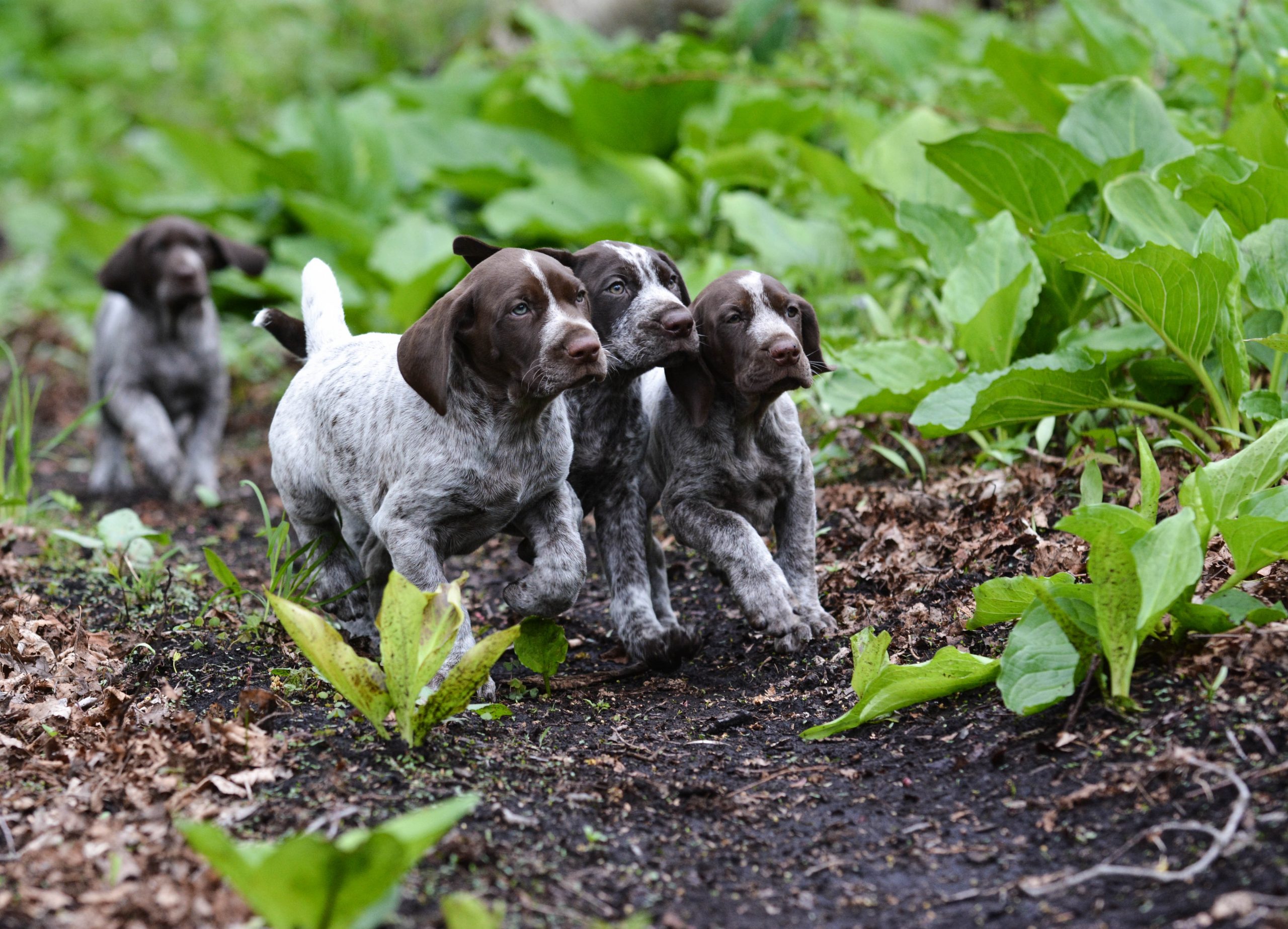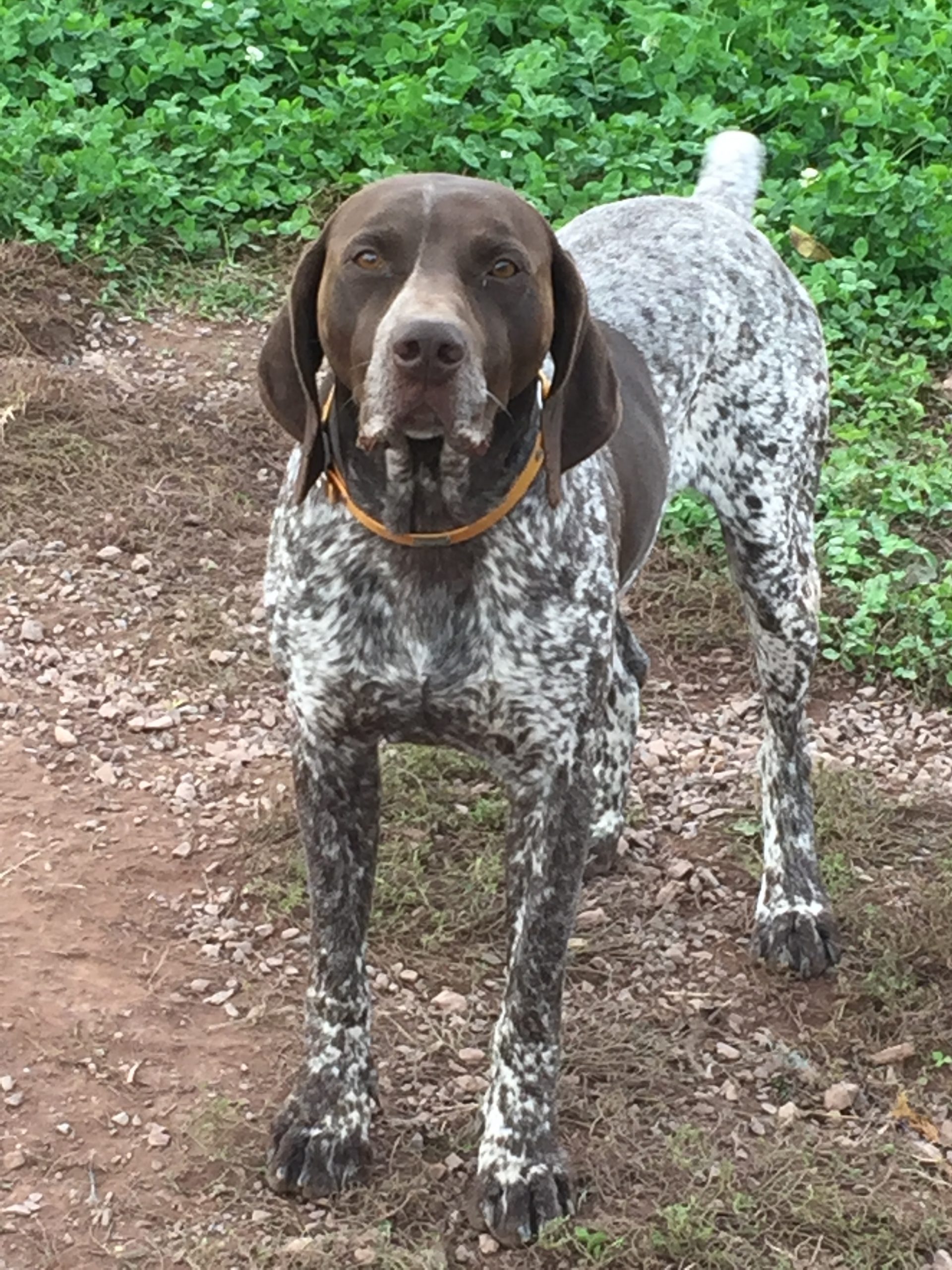How German Shorthaired Pointers Assist in Wildlife Conservation
German Shorthaired Pointers are renowned for their versatility in the field, serving as invaluable aids in various wildlife conservation efforts. Their keen senses, unparalleled tracking abilities, and cooperative nature make them indispensable partners for wildlife managers and conservationists. This essay critically examines the complexities of the role played by German Shorthaired Pointers in wildlife conservation, presenting a comprehensive analysis of their contributions and exploring the ethical considerations surrounding their use.
A Legacy of Service
German Shorthaired Pointers, with their origins in Germany, have a long history of assisting in hunting and retrieving. Their exceptional tracking and pointing instincts, coupled with their unwavering determination, make them ideal companions for wildlife conservationists. Conservation organizations, such as the National Audubon Society, utilize German Shorthaired Pointers to locate and identify birds, helping to monitor populations and detect potential threats.
In the realm of wildlife management, German Shorthaired Pointers serve as essential assistants in assessing game populations. Their ability to track and locate animals, even in dense vegetation, provides valuable data for wildlife biologists. Wildlife managers rely on this information to determine population dynamics, establish hunting regulations, and identify habitats in need of protection.
Conservation Efforts
Beyond their use in hunting and wildlife management, German Shorthaired Pointers play a pivotal role in anti-poaching efforts. These dogs, trained to detect the scent of ivory and other illegal wildlife products, serve as frontline defenders against poaching. Conservationists deploy them at airports, border crossings, and ports to intercept illegal wildlife trade, aiding in the protection of endangered species.
Furthermore, German Shorthaired Pointers assist in the conservation of rare and endangered species. Researchers, such as those at the Wildlife Conservation Society, utilize these dogs to locate and track endangered animals, enabling conservationists to study their behavior, assess their population status, and implement targeted conservation strategies.
Ethical Considerations
While the contributions of German Shorthaired Pointers to wildlife conservation are undeniable, there are ethical considerations surrounding their use. Some critics argue that the use of dogs in conservation may disrupt wildlife behavior and stress animals. It is essential to ensure that dogs are well-trained and handled responsibly to minimize any potential negative impacts on wildlife.
Additionally, the welfare of the dogs themselves must be considered. Proper training, nutrition, and veterinary care are crucial to ensure their well-being. Conservationists have a responsibility to prioritize the health and safety of the animals they rely on for assistance.
Perspectives and Research
Scholars have extensively studied the role of German Shorthaired Pointers in wildlife conservation. A study by the University of Georgia found that German Shorthaired Pointers were effective in detecting the presence of endangered gopher tortoises, demonstrating their potential in species conservation. Another study, conducted by the University of California, Davis, highlighted the efficacy of German Shorthaired Pointers in anti-poaching efforts, showcasing their ability to detect ivory and other illegal products.
News articles and reports from conservation organizations further emphasize the contributions of German Shorthaired Pointers. The National Audubon Society credits these dogs with assisting in the monitoring of bird populations and the identification of areas in need of conservation. The Wildlife Conservation Society has also acknowledged the invaluable aid provided by German Shorthaired Pointers in tracking endangered species and combating poaching.
Conclusion
The relationship between German Shorthaired Pointers and wildlife conservation is multifaceted and complex. These dogs provide indispensable assistance in wildlife management, anti-poaching efforts, and species conservation. Their exceptional tracking abilities, keen senses, and cooperative nature make them invaluable partners for wildlife managers and conservationists. However, ethical considerations must be taken into account to ensure that the use of dogs in conservation does not negatively impact wildlife or compromise their own well-being.
As conservation efforts continue to face challenges, the role of German Shorthaired Pointers will likely grow in importance. Their unique capabilities and unwavering commitment to the protection of wildlife make them an indispensable asset in the fight to preserve our natural heritage for generations to come.
Australian Shepherds And Their Need For Mental Stimulation
10 Fun Facts About Pembroke Welsh Corgis You Didn’t Know!
Do French Bulldogs Need A Lot Of Exercise?

:max_bytes(150000):strip_icc()/LiverGermanshorthairedpointer-82d58caeed5d4ebeb65fe75e915f5219.jpg)

